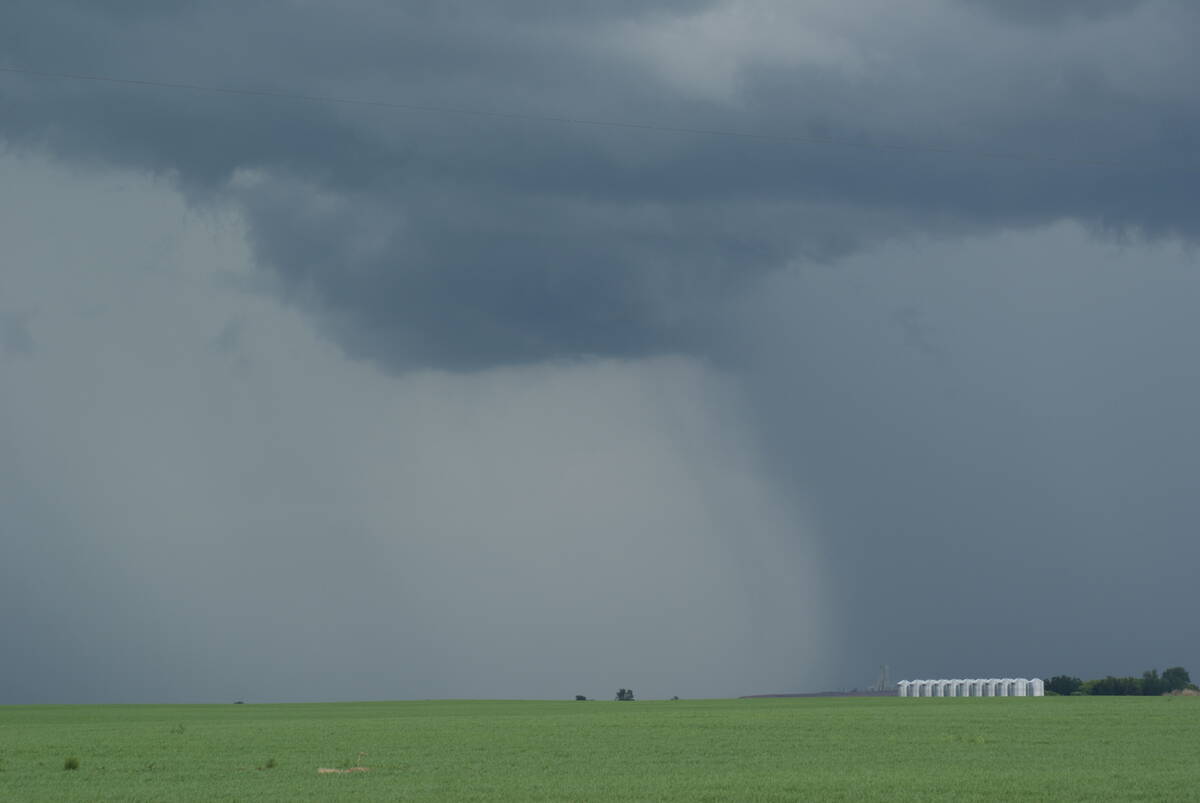Sometimes the fine print doesn’t cover it.
Producers have lots of stories about how grain buyers don’t live up to contract obligations. This often has to do with not taking delivery within the specified timeframe. Buyers, in turn, can tell stories about certain producers that reneged on contracts.
The standard advice is to read contracts thoroughly and to get advice on any parts you don’t understand. While some contracts are a page or two and straightforward, others go on and on with legalese that’s so thick you need a lawyer if you really want to interpret it all.
Read Also

Canadian farmers need new tools to support on-farm innovation
Farmers need a risk management buffer that actually works and investment that drives advancements forward if Canada is to build resilience.
Here’s a personal case where getting legal advice probably wouldn’t have helped.
I signed a contract well before seeding to grow a specialty oil canola. A number of grain companies contract this canola, each with its own provisions. In this case, there was a $45 a tonne premium, plus a $15 a tonne premium because the variety is considered non-GMO.
With the production going directly to the crushing plant, the price was FOB the farm, which is another perk. And I could lock in the basis (the company’s deduction from the futures price) on 30 bushels per acre without any production risk.
I had to buy the seed from the grain company. All the production was to be delivered to the company. The canola had to meet purity specifications. All pretty standard stuff.
As harvest approached, I gave my contact at the company a call.
“I’m wondering if now might be a good time to lock in a basis on that contracted specialty canola. What’s your basis at?”
“We’re at $39 under,” was the reply.
“You’re $39 a tonne under the November?” I asked incredulously. “That’s about $20 higher than what I understand the basis to be.”
“Oh, our basis on regular canola is $19, but there is a different basis on this specialty canola. You have to remember that the price is FOB the farm.”
I was flabbergasted. This wasn’t how the deal was explained to me and nowhere in the contract did it talk about the company’s ability to set a “special” basis.
“If I’d known you could just arbitrarily set the basis to recapture a bunch of the premium, I’d have never grown this canola,” I complained.
My contact at the company took my complaints to his superiors, but to no avail. He understood my position and he sympathized. Further up the chain of command, there wasn’t any sympathy.
Of course the loss of $15 or $20 a tonne has to be put into perspective. The futures price can move that much in a day. But the principle really irks me.
On a small production of just 200 tonnes, even if a person was litigious, it wouldn’t make sense to call a lawyer. Imagine the legal fees. Imagine trying to explain basis and futures to a judge.
“We’ve changed the contract for 2014, so everything will be clearer,” I was assured.
No matter. I won’t be interested.
In fairness, the canola has all been delivered. It met the specs and the cheque has been issued.
But I’m left pondering how this “misunderstanding” could have been avoided. Studying the contract more thoroughly wouldn’t have helped. I doubt that a lawyer viewing the contract would have asked the right questions either.
I’ve had generally good experiences contracting various crops with various companies through the years. I’ll be more wary in the future.















